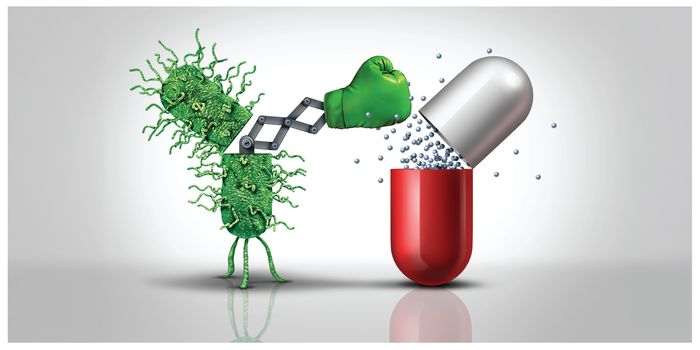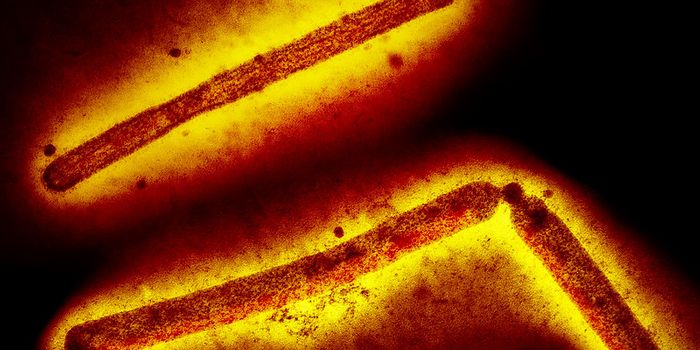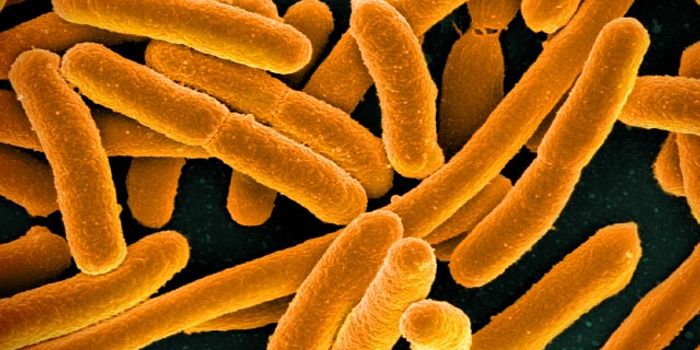Natural Antibiotic Makes a Raw Pork Snack OK To Eat
Researchers have revealed the secret of a traditional Vietnamese snack made of raw pork. This work could help scientists improve food safety and reduce food waste. Nem Chua is a fermented pork snack that won't cause food poisoning if it's prepared properly. The meat contains bacteria that produce an antibiotic, which kills more dangerous microbes. This antibiotic is safe for people and could be an alternative to synthetic food preservatives.
Microbes are in constant competition for resources, and many of them are known to produce compounds that kill other microbes. As consumers look for more natural options when shopping for food, this could help address that demand. It may also reduce the problem of waste in food production and consumption.
"Scientists have known about these bacteria-killing compounds for many years but the challenge is to produce them in large enough quantities to be used by the food industry. The Nem Chua compound is colorless, odorless, tasteless, and very resilient. Through this new research, we've identified the right growth conditions that would enable us to make it in large amounts, potentially at industrial scales," noted co-lead researcher Professor Oliver Jones, Associate Dean of Biosciences and Food Technology at RMIT University in Melbourne, Australia.
"With further development, we hope this could be an effective, safe, and all-natural solution for both food waste and foodborne disease."
RMIT researchers became interested in the antibacterial potential of Nem Chua after visiting Vietnam and seeing that people could easily eat the raw meat snack without discomfort.
The bacteria-killing compound in the meat is a bacteriocin, a compound made by bacteria to fight other bacteria; it's called Plantacyclin B21AG.
Bacteriocins can form holes in the membranes of other bacteria, effectively destroying them. Most bacteriocins that we know of are only effective against one or two bacterial species, however, and usually are not very stable compounds. There is one, however, that's currently licensed as a food preservative; Nisin is thought to be worth about $513 million as of 2020, but it's sensitive to both temperature and pH.
Plantacyclin B21AG is effective against a range of bacteria, however, including the pathogen Listeria, and can survive a range of pH levels and temperatures up to 90ºC for 20 minutes.
"Using bacteriocins as food preservatives effectively means we are turning bacteria's own toxic weapons against them - harnessing nature's smart solutions to tackle our big challenges," said co-lead researcher Dr. Elvina Parlindungan. "In the future, these compounds might also be useful as an antibiotic in human medicine."
Sources: AAAS/Eurekalert! via RMIT University, Process Biochemistry









